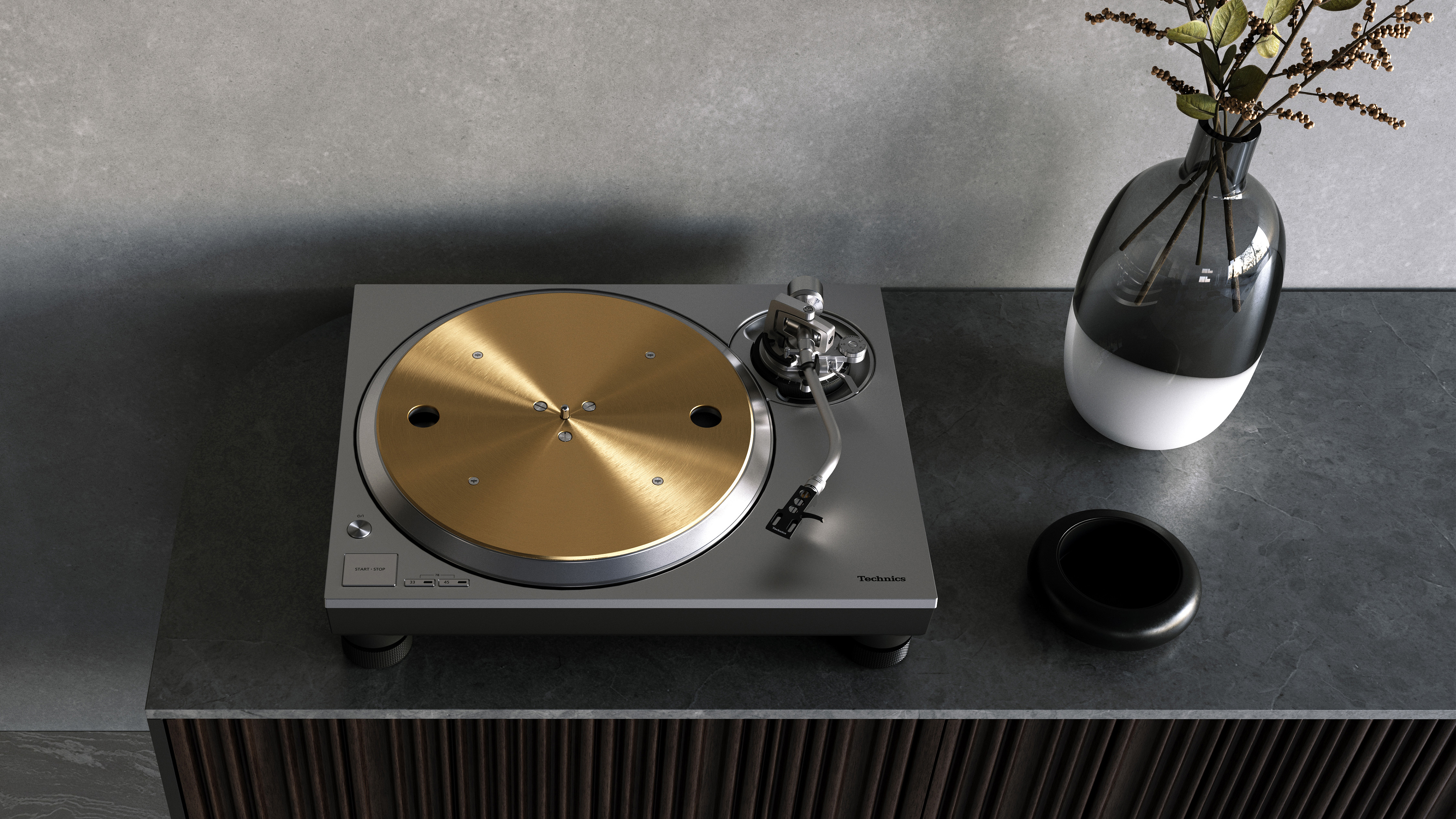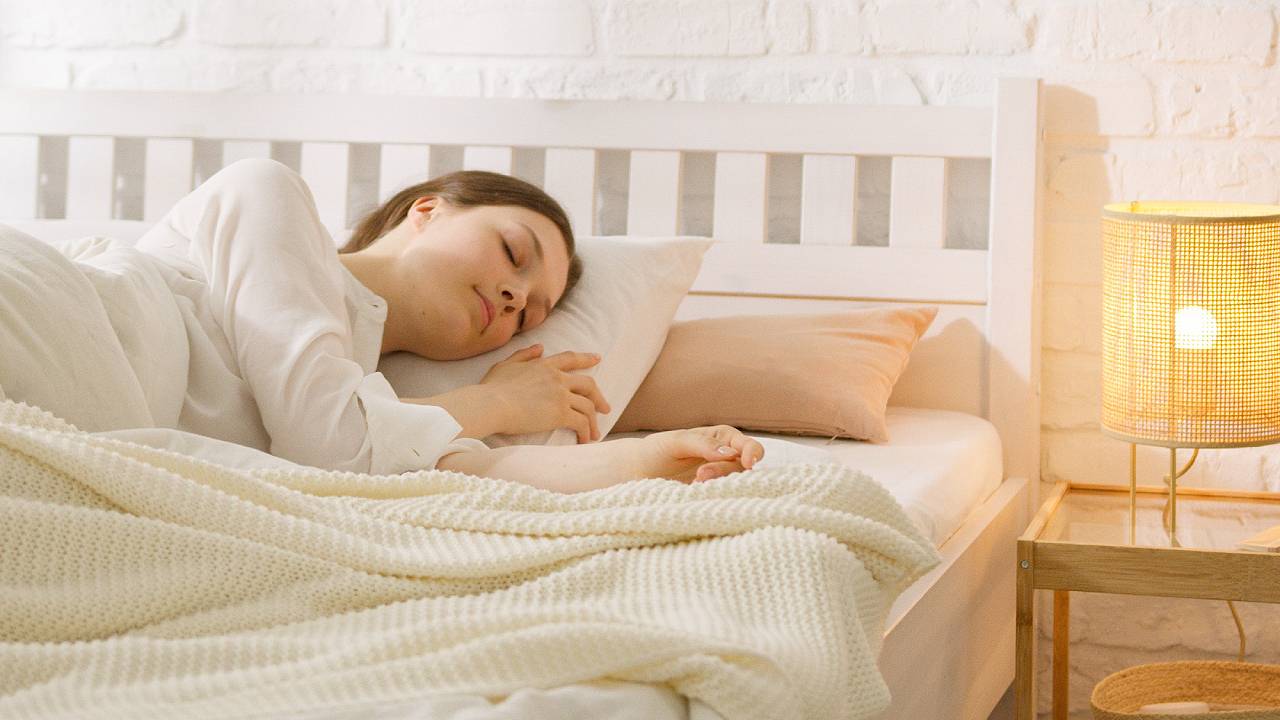
Getting enough quality sleep is essential for your health and wellbeing. But while we hear a lot about diet and exercise, there's not much talk in the media, or society at large, about getting a good night's sleep. Consequently, many common sleep myths have arisen that can lead to confusion to, and even harm the quality of your sleep.
And that's a problem, because there's no point in investing in the best mattress if poor sleeping habits are preventing you from getting proper kip. So, if you're not waking up refreshed and energised in the morning, it may be that you've fallen prey to some of the fallacies, misunderstandings and outright falsehoods surrounding sleep.
In this article, we'll help you out, by debunking the most common sleep myths to help you get the restful sleep you need.
Myth: You can catch up on sleep later
Many of us believe that sleep is like a bank overdraft. In other words, if you lose sleep during the week, you can make up for it by sleeping in on the weekends. However, this is a myth and a dangerous one, too.
Yes, getting a little extra sleep on the weekends can help you feel more rested. But it won't make up for the lost sleep during the week. In fact, irregular sleep patterns like this disrupt the body's circadian rhythms and make it harder, long-term, to fall asleep and wake at the same time each day. This can lead to poor sleep quality, insomnia and health problems, some of which you wouldn't necessarily associate with sleep.
For example, a 2019 study in the journal Diabetes Care found that not sticking to a regular bedtime and wakeup schedule, and getting different amounts of sleep each night, can put you at higher risk for obesity, high cholesterol, hypertension, high blood sugar and other metabolic disorders.
As well as the body, this can affect your mind too. A 2007 study published in the journal Sleep found that people who regularly slept less than six hours during the week and tried to catch up on the weekends had worse cognitive performance and reaction times compared to those who regularly slept seven to eight hours per night.
Sign up to the T3 newsletter for smarter living straight to your inbox
Get all the latest news, reviews, deals and buying guides on gorgeous tech, home and active products from the T3 experts
If you're finding it difficult to get into a regular sleep pattern, read our article 5 steps to the perfect bedtime routine to set things on the right track.
Myth: Alcohol helps you sleep
Having problems falling asleep? Then you may be tempted to drink a glass of wine or a tot of rum to help you on your way. But while alcohol may help you get to sleep, it actually damages the quality of your sleep overall.
That's because alcohol disrupts your normal sleep cycle, so you end up spending more time in the lighter stages of sleep and less time in the deep, restorative stages. This can lead to feeling tired and sleepy the next day, even if you technically slept for a long time. If you drink alcohol before bed on a regular basis, this can also make it more difficult to get to sleep long-term. Many studies have found evidence that habitual alcohol use before bedtime can lead to frequent waking and bouts of insomnia.
One 2018 study compared sleep quality among subjects who consumed various amounts of alcohol. Even those who drank low amounts (fewer than two servings for men or one for women) suffered decreased sleep quality of 9.3%. Those who drank moderate amounts (two servings for men or one for women) found sleep quality declined by 24%. In those who drank high amounts, it declined by 39.2%.
It's clear, then, alcohol cannot help your sleep, and in fact, is likely to harm it. So if you're having trouble sleeping, addressing the amount you drink is a good first step. If you're still struggling to get to sleep, don't reach for the bottle, but follow the advice in our article how to fall asleep quickly: 5 techniques to try.
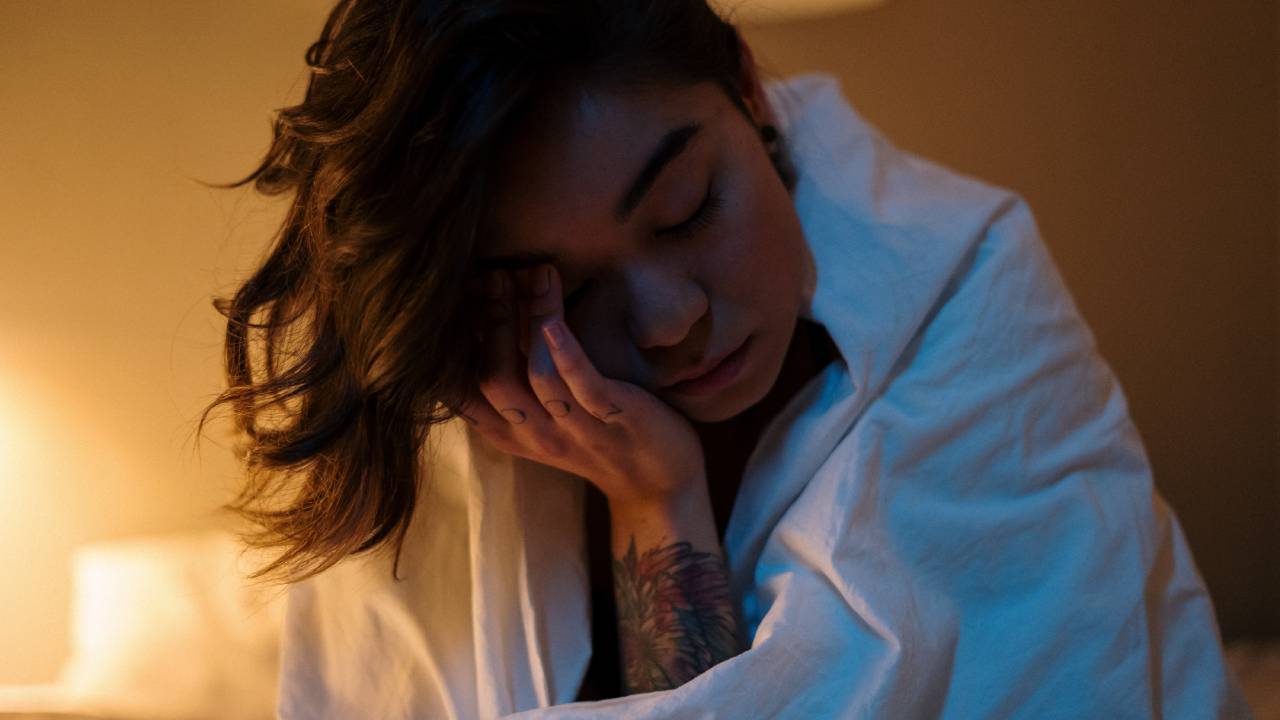
Myth: Adults only need five or six hours' sleep
Our busy lives mean that in practice, many adults only get five or six hours' sleep a night. That's by no means enough. But, rather than addressing the issue and finding ways to get more, people often succumb to the idea that "that's all you need anyway".
Let's be clear: this is a complete myth. After convening a panel of experts in 2015, the National Sleep Foundation recommended that young adults get 7-9 hours' sleep and older adults get 7-8 hours. There's a related myth that when you reach old age you need less sleep. Again, this is confusing what actually happens with what should happen.
In practice, many seniors experience shorter periods of deep sleep and more frequent awakenings during the night because of the various health problems that come with old age. But that doesn't mean the body requires less sleep. In fact, the CDC (the national public health agency of the United States) recommends that people between 60 and 64 get 7-9 hours of sleep a night, and those aged 65+ get 7-8 hours. That might not be achievable, but you should at least aim for it.
Myth: Sleeping pills are safe
Having trouble sleeping? If you go to your doctor, and they don't have the time or inclination to properly assess you, there's a good chance they'll prescribe sleeping pills. And most people think that means they're perfectly safe. Unfortunately, no medicine is completely safe. It's simply a case of balancing the risks of taking medicine with the risks of not taking it.
If insomnia is having a severe impact on your physical and mental health, then yes, in the short term sleeping pills can be the least-worst option. But these medicines often come with side effects, and over time they can become as addictive, and potentially damaging, as illegal drugs.
For this reason, sleeping pills should only be a last resort, and it's better to first prioritise healthy sleep habits, such as creating a relaxing environment to sleep better at night, and practicing relaxation techniques. If those don't work, then you may need to address the underlying causes that are preventing you from sleep through talking therapies.
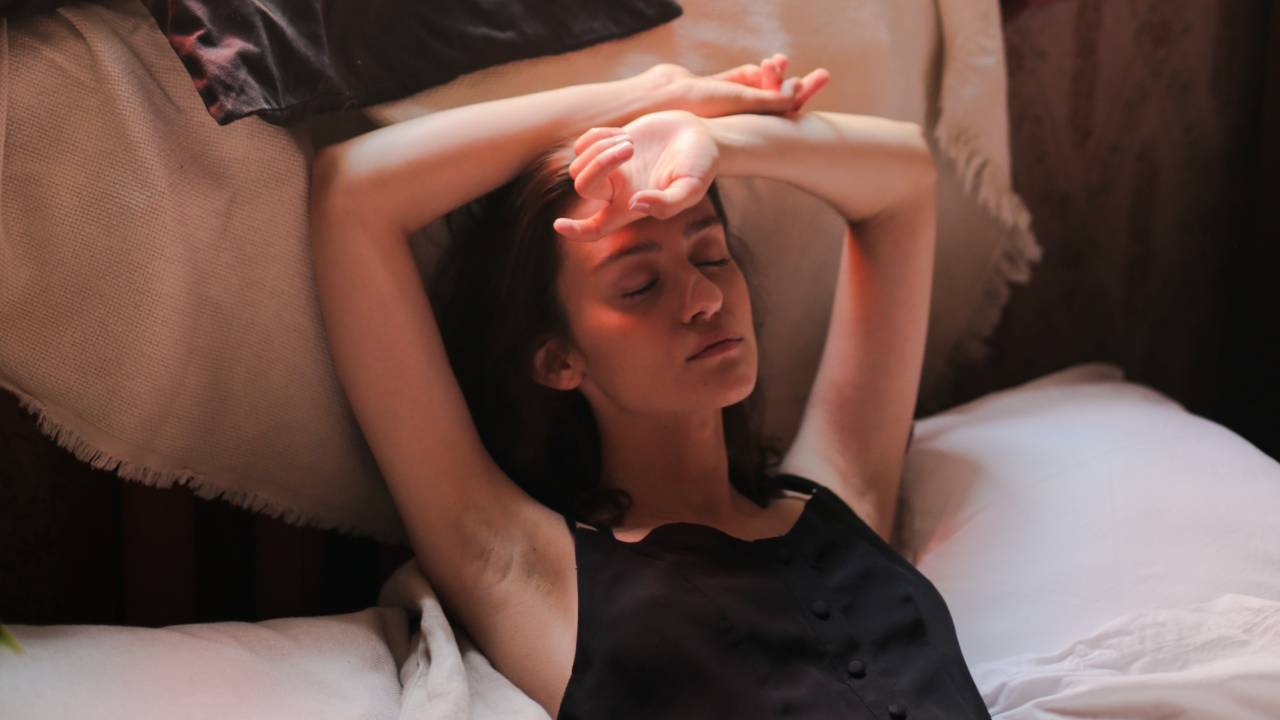
Myth: Napping is bad for you
Many people believe napping will stop you getting a good night's sleep. Again, this goes back to the idea of sleep being like an overdraft. If you follow this (mistaken) logic, then any sleep you 'withdraw' during the day will mean you get less sleep at night.
This is, however, a myth. In fact, research has shown that taking short naps during the day can improve mood, alertness, and cognitive performance… as long as they're kept short and not taken too close to bedtime.
For example, in this study from the journal Sleep, people who napped for 10 or 20 minutes reported the biggest benefits; while those who napped for longer experienced similar benefits, but only after about half an hour of feeling groggy. For more on this topic, read our article on how long should you nap for?.
Myth: Eating cheese before bed gives you vivid dreams
We'll end with a myth about sleeping that's less dangerous than others on this list, but still completely false.
The idea that eating cheese before bed gives you vivid dreams originated from a study in the 1970s that found a correlation between the two. However, subsequent research has failed to replicate these findings, and nowadays experts agree that the theory has no validity.
Part of the reason people used to think cheese affects sleep quality because it contains tryptophan. This amino acid is involved in the production of serotonin, a neurotransmitter that can affect mood and sleep. However, the amount is pretty tiny and so it's unlikely to have a significant effect on either dreams or the quality of your sleep.
In general vivid dreams, including nightmares, are more likely to be caused by other factors, such as stress, anxiety, medications, and sleep disorders. Yes, if you consume a lot of cheese it might disrupt your sleep, due to poor digestion, but that principles applies to any type of food or drink.
Tom May is a freelance writer and author of the book, Great Ted Talks: Creativity. He has been editor of Professional Photography magazine, associate editor at Creative Bloq, and deputy editor at net magazine. He has also worked for a wide range of mainstream titles including Radio Times, NME, Heat, Company and Bella.
-
 I spent 6 weeks with the FoodMarble Aire 2: here’s what I learned about my gut health
I spent 6 weeks with the FoodMarble Aire 2: here’s what I learned about my gut healthI’ve been testing the clever breath-testing gadget with the companion app over several weeks to find out if it delivers on its promises
By Lee Bell
-
 Oil pulling is going viral on TikTok for stopping morning breath – but does it actually work?
Oil pulling is going viral on TikTok for stopping morning breath – but does it actually work?4 hacks that prevent morning breath, according to a sleep expert
By Bethan Girdler-Maslen
-
 These limited edition McLaren x Loop earplugs are what you need for Formula 1 season
These limited edition McLaren x Loop earplugs are what you need for Formula 1 seasonMcLaren teams up with Loop on limited edition noise-reducing earplugs
By Bethan Girdler-Maslen
-
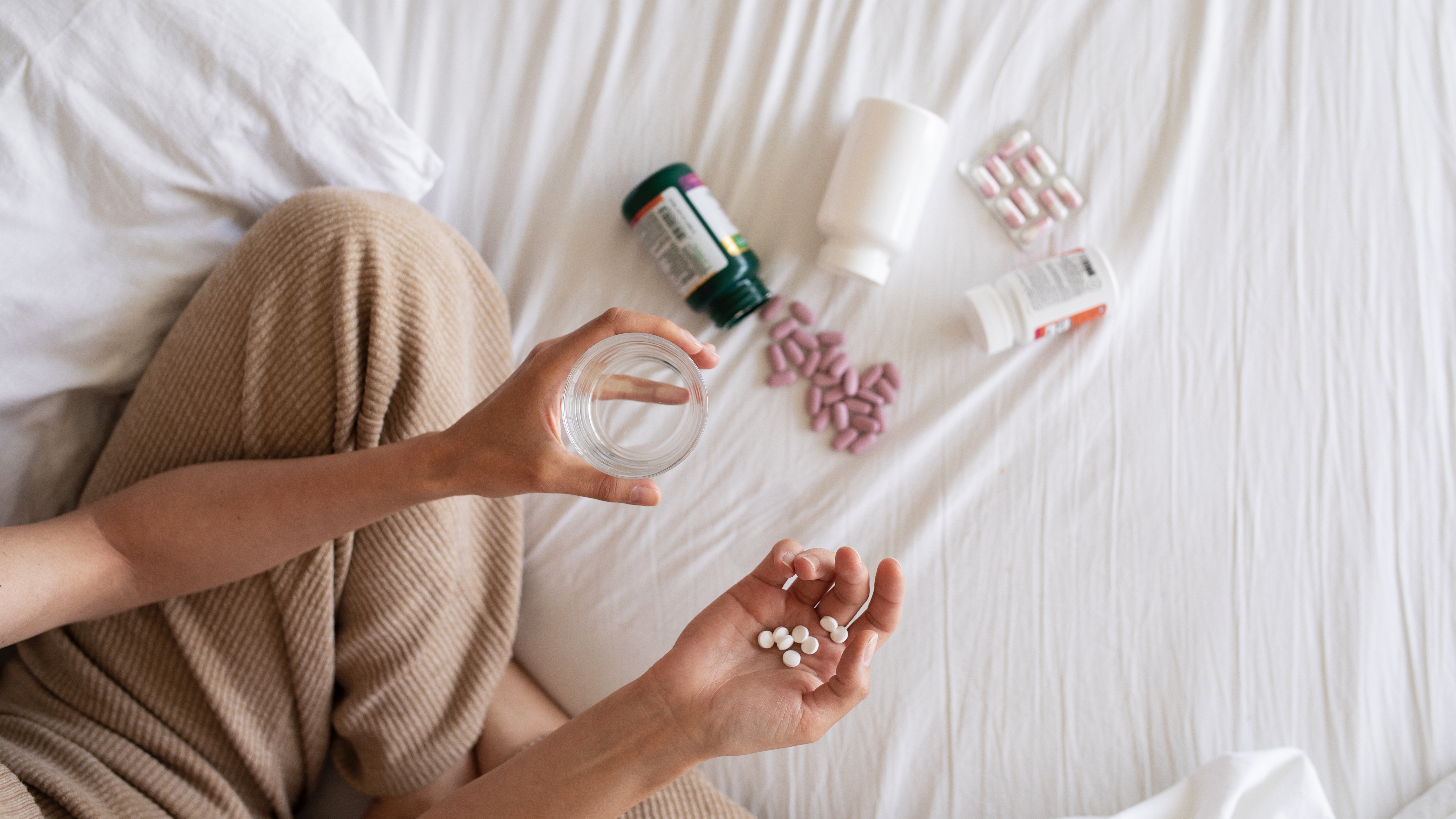 5 sleep supplements that help me achieve 8+ hours of rest every night
5 sleep supplements that help me achieve 8+ hours of rest every nightIt took me years to perfect my sleep routine – here are the supplements that helped
By Lizzie Wilmot
-
 3 reasons why you wake up at 3am every night – and how to avoid it
3 reasons why you wake up at 3am every night – and how to avoid itAlways waking up in the middle of the night? This could be why…
By Bethan Girdler-Maslen
-
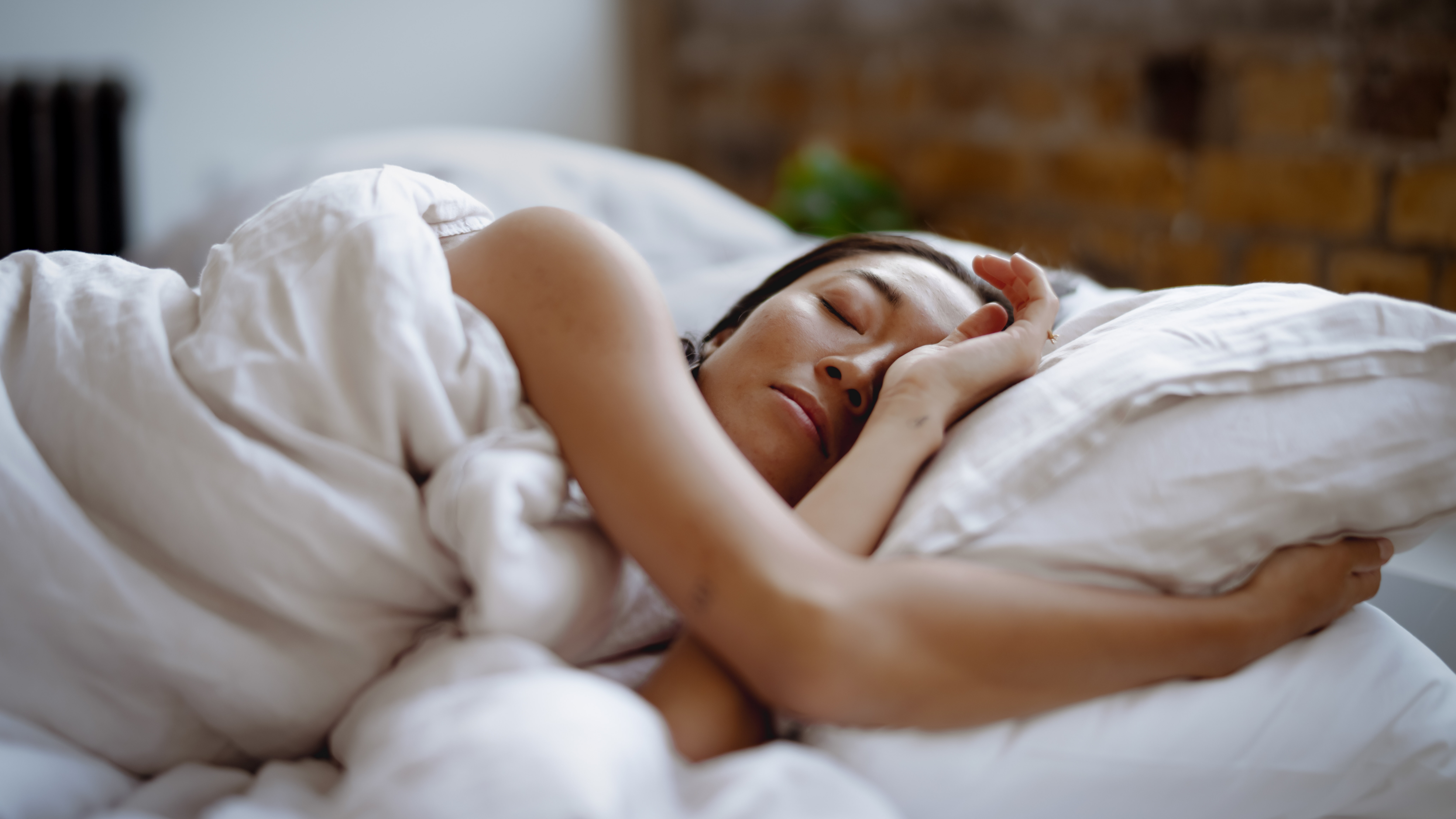 This tiny device will automatically disable your distracting apps before you sleep
This tiny device will automatically disable your distracting apps before you sleepSay hello to Kip...
By Lizzie Wilmot
-
 Therabody experts give 7 tips for perfecting your sleep routine for World Sleep Day
Therabody experts give 7 tips for perfecting your sleep routine for World Sleep DayFrom breathing exercises to sleep masks, here’s how to prioritise sleep, according to experts
By Bethan Girdler-Maslen
-
 Loop Dream review: super soft earplugs to help you snooze soundly, even if you’re a side sleeper
Loop Dream review: super soft earplugs to help you snooze soundly, even if you’re a side sleeperSquishy silicone and uniquely shaped ear tips take Loop’s nighttime earplugs to dreamy heights
By Joanna Ebsworth

